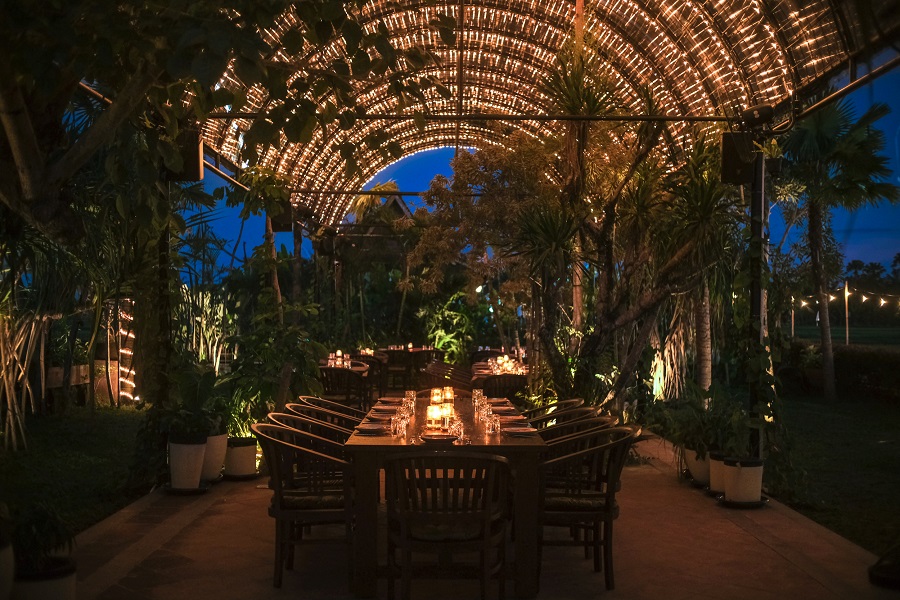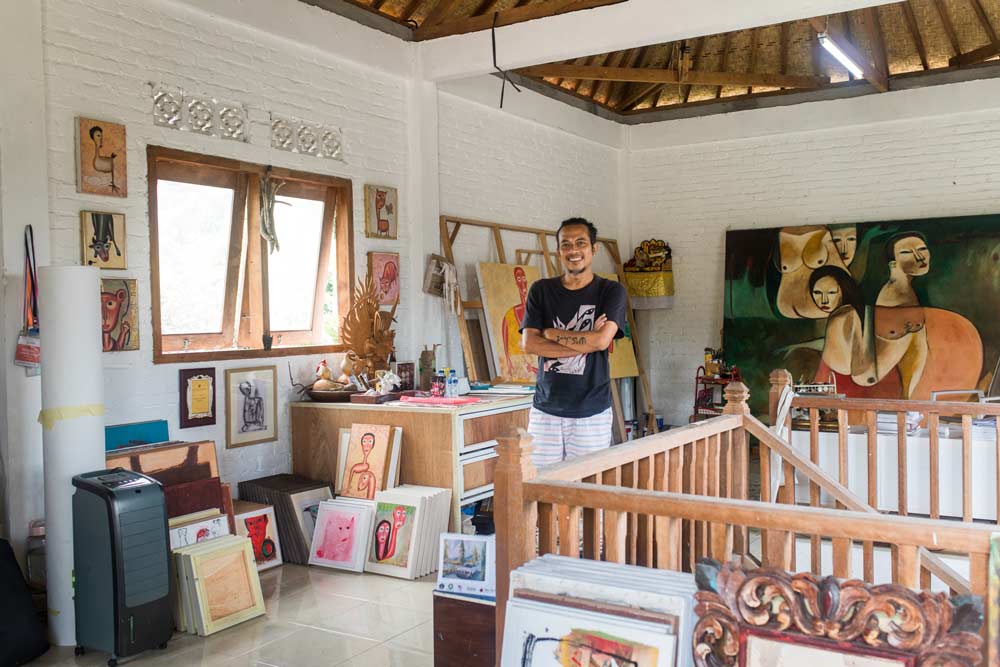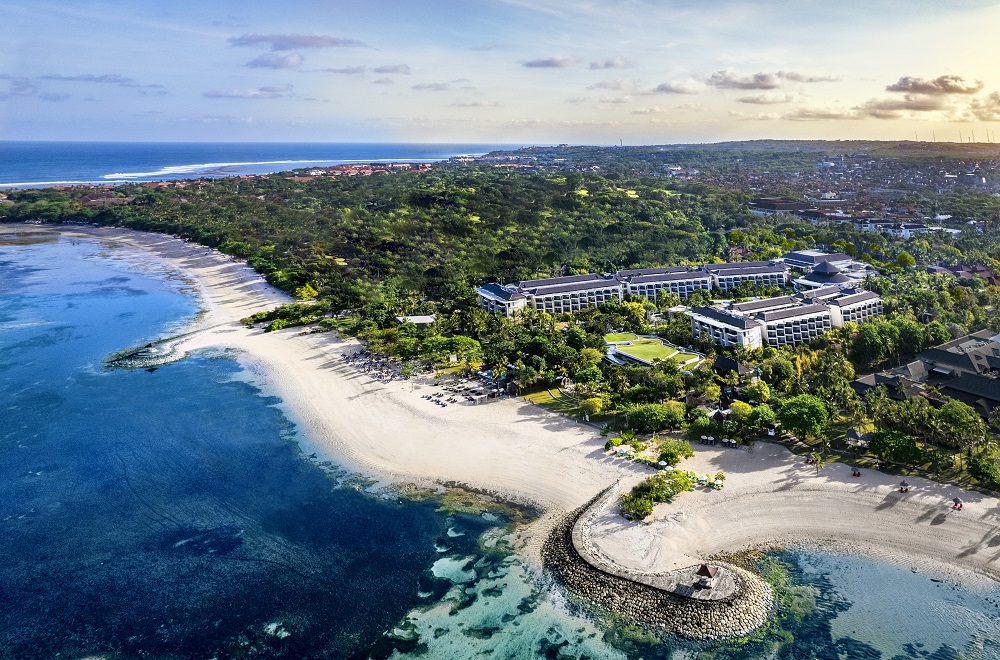
There is no doubt that Bali has a waste issue. Behind the images of pristine landscapes and coastlines, so often used to entice visitors, a closer look at the island’s environment and one will find rampant plastic pollution and general waste management issues. Taking matters into their own hands, a coalition of Bali businesses decided to create their own solution: Community Waste Project.
An estimated 1.6 million tonnes of waste, including 330,000 tonnes of plastic, is produced in Bali every year. Much of this is unsorted and uncollected, finding its way to rivers, subak (irrigation waterways), illegal dumpsites and eventually, the ocean. It has been Bali’s plight for many years, increasingly threatening the island’s lifeblood, the tourism industry upon which Bali depends.
Hotels and businesses are estimated to contribute around 13% of Bali’s total waste, much of which ends up in landfills. This is where Community Waste Project (CWP) comes in. This non-profit venture, initiated by concerned hospitality businesses in Bali, aims to drastically reduce the amount of waste sent to landfills, with the ambitious target of cutting from waste from participating businesses from over 50% to just 5%.



Courtesy of Community Waste Project / Adrian Morris
At the heart of this initiative is a 2,000 square-metre waste facility found adjacent to Bali’s largest and most infamous landfill, Suwung. Officially opened in October 2024, the centre will process organic, inorganic, and garden waste through advanced sorting, composting, recycling, and upcycling methods. By turning waste into practical products for the hospitality industry—such as compost and upcycled plastic panels—the facility aims to create a circular economy model that benefits both the environment and local businesses.
Organic waste will be used for composting or pig feed, while non-organic materials such as HDPE plastics, styrofoam, and glass bottles will be sorted for recycling or upcycling. Any non-processable materials will be handed over to local recyclers, ensuring that as little waste as possible ends up in landfills.



Courtesy of Community Waste Project / Tommaso Riva
The initiative, which required an initial investment of $400,000, was spearheaded by Mexicola Group, Potato Head Family and Total Bangun Persada, in collaboration with Brunch Club, Finns, Kynd, Lemongrass, and Peppers Seminyak. The participating members of CWP will have access to these upcycled products at cost price, but most importantly they can rest-assured that their waste is not contributing to long-term waste issues.
As a non-profit initiative, the sales of upcycled products will be reinvested back into the local community, with the goal of funding additional waste management centres across Bali. The project will also collect data daily to track each business’s waste production, providing crucial insights to help businesses adjust their sustainability efforts.
Critical to achieving their 5% waste-to-landfill goal is waste separation at the source. Potato Head Family will lead efforts on this front, guiding partner businesses on how to correctly sort waste into organic and non-organic categories. Appointed eco-champions at each business will then ensure that waste is sorted effectively, before it is picked up by Community Waste Project to take to the centre for optimal processing.





Courtesy of Community Waste Project / Adrian Morris
As the waste separation process improves, the project—led by Desa Potato Head—will review its success. If effective, it plans to expand the initiative, with at least 10 hospitality businesses expected to join in 2024. The long-term goal is to create a sustainable waste management model that can be replicated across Indonesia, where many regions face similar environmental challenges.
“We began by cleaning up our own house, our own backyard, and learning to manage our waste to get as close to zero waste as possible,” shares Ronald Akili, CEO at Desa Potato Head. “Yet, making a significant change in Bali requires the power of community coming together. We’re excited that so many of our neighbours are part of this collective, and we hope this work inspires others to join the journey. Together, we can make Bali zero waste.”
Isabella Rowel, CEO at Mexicola Group adds: “There’s no hiding the fact that whilst hospitality and tourism are the bloodline of this island, they are also its biggest environmental downfall. It is our responsibility as a collective to drive this movement and develop this infrastructure for the future of this island and its people.”
Rooted in the principles of Reduce, Reuse, Recycle, Recreate, and Regenerate, Community Waste Project pioneers a sustainable model for Indonesia’s hospitality sector—reducing environmental impact while transforming waste into valuable products for the industry.
Find out more at: communitywasteproject.co


